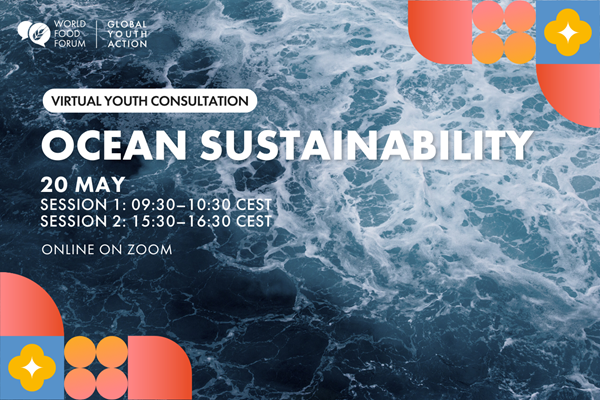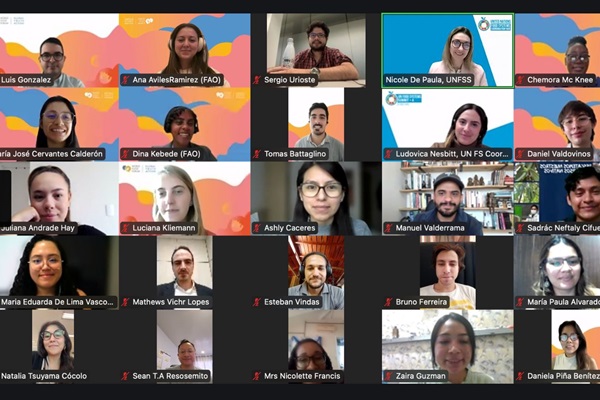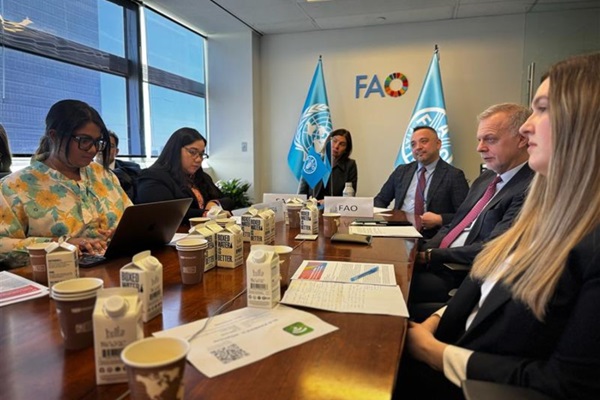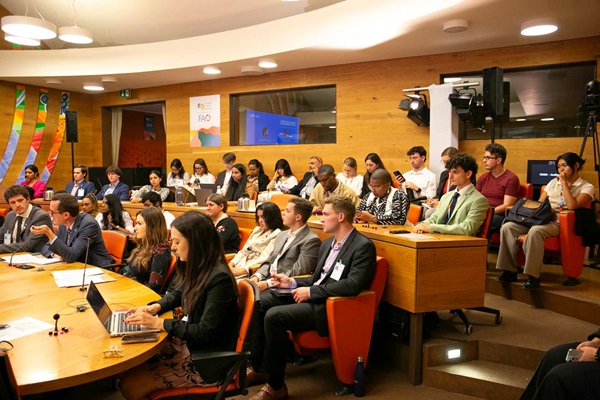Youth Assembly
Thematic
consultations
and sessions
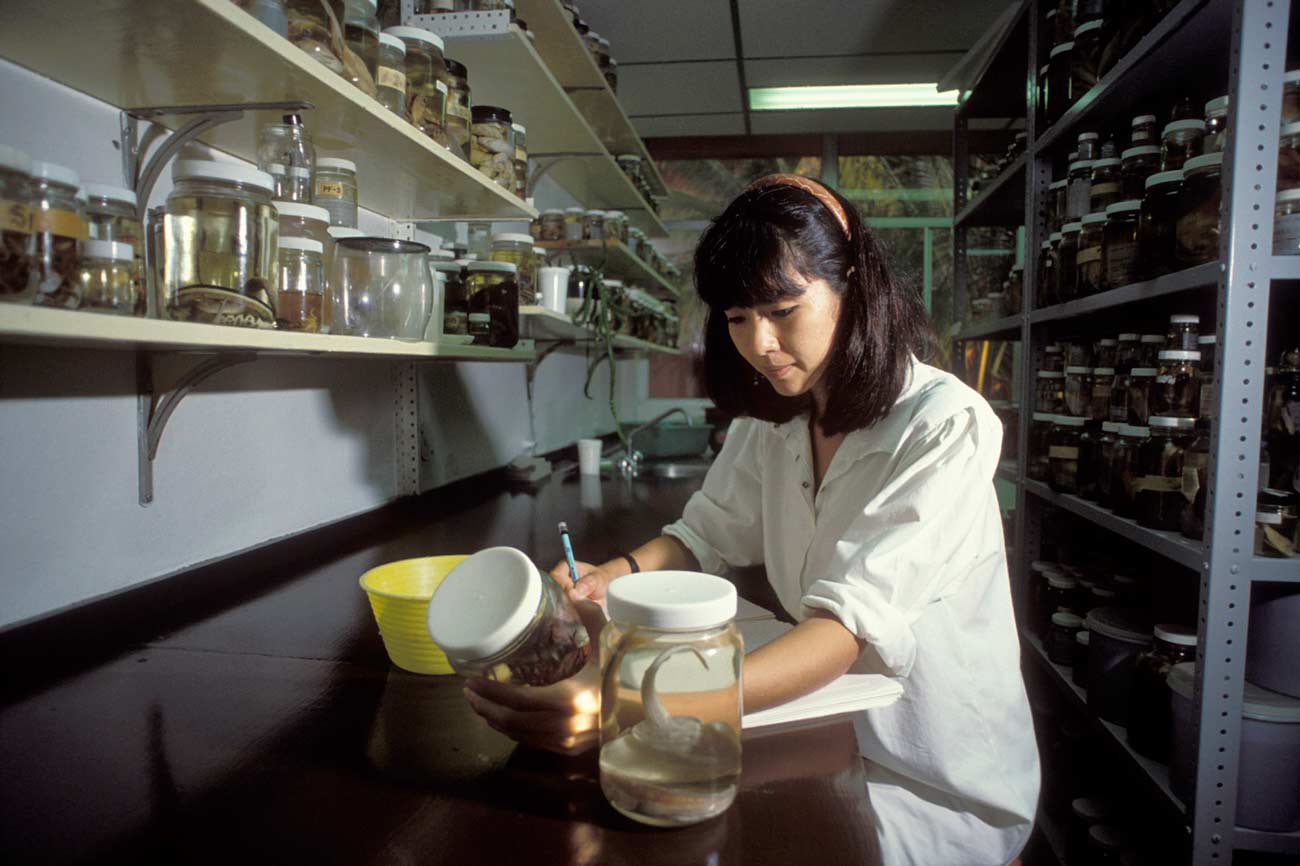
Gender equality and women's empowerment
The Youth Assembly thematic area on gender equality and women's empowerment was launched for the first time in 2025 with the aim of amplifying the voices of youth in the review of SDG 5 (Gender Equality), especially in the context of SDG2 (Zero Hunger) and agrifood systems transformation. This consultative process places a focused emphasis on the interlinkages between SDG 4 (Quality Education), SDG 8 (Decent Work and Economic Growth), and the role of young women in agrifood systems. By exploring these intersections, the Youth Assembly aims to highlight both the unique challenges and opportunities young women encounter in these sectors.
The overarching goal is to gain a comprehensive understanding of the youth priority areas for youth-led action leading up to the International Year of the Woman Farmer in 2026. The initiative seeks to elevate the voices of youth, especially young women, in the areas of agriculture, food security and economic development, ensuring that their needs and contributions are integrated into the broader sustainable development agenda.
2025 engagements
Youth Assembly engagements in the thematic area of on gender equality and women's empowerment in 2025 began with a consultative process, initiated through the participation of two young leaders from the World Food Forum (WFF) at the Expert Group Meeting on SDG 5 in January 2025. This marked the starting point for an inclusive dialogue on advancing gender equality in agrifood systems.
The engagements included three in-person (hybrid) consultations: a Thematic Youth Assembly session in Geneva was held in collaboration with the International Labour Organization (ILO) that focused on supporting women in accessing decent rural employment, a youth-led side event at the 69th Commission on the Status of Women centered on the role of education and training for young women in agrifood systems, and a side event at the United Nations Economic and Social Council (ECOSOC) Youth Forum was held in partnership with UN Women, the Permanent Mission of Nepal to the United Nations, the Permanent Mission of Ireland to the United Nations and the United Nations Major Group for Children and Youth.
In addition to physical engagements, the Youth Assembly consultation process was expanded through an online survey, with the aim to gather contributions via a structured call for inputs, allowing for broader and more inclusive youth participation.
Key youth priorities that emerged from these engagements included:
- localizing peer-led training models such as community radio and mobile learning platforms;
- promoting gender-responsive policies that improve access to land, finance, and technology;
- focusing on practical, hands-on skill development in areas like agri-tech, climate resilience, and entrepreneurship; and
- empowering young women in the agrifood innovation sector through access to digital tools, artificial intelligence, and internet connectivity to bridge the digital and gender divide.
Tentative 2025–2026 engagements
At the end of June 2025, the draft youth recommendations will be presented and refined during an intergenerational policy dialogue, bringing together experts from the Food and Agriculture Organization of the United Nations, the International Fund for Agricultural Development, the Committee on World Food Security, UN Women, ILO and the United Nations Educational, Scientific and Cultural Organization to align youth priorities with technical and policy expertise.
The youth recommendations paper as an outcome of this process will be presented at the High-Level Political Forum in July 2025. This event seeks to build momentum from policy to action, bringing together diverse stakeholders to highlight their commitment to this process.
Throughout 2026, the Youth Assembly will move from advocacy to localization of the recommendations through WFF National Chapters. The National Chapters will be the primary mechanism for youth-led outcomes to drive the implementation of the collective voice of the Youth Assembly.
Thematic Youth Action Plan Implementation Timeline
2025
Q1
- Xxxxxxxxxxxxxxxxxxxxxxxxxxxxxxxxxx.
Q2
- Xxxxxxxxxxxxxxxxxxxxxxxxxxxxxxxxxx.
Q3
- Xxxxxxxxxxxxxxxxxxxxxxxxxxxxxxxxxx.
Q4
- Xxxxxxxxxxxxxxxxxxxxxxxxxxxxxxxxxx.
2026
Q1
- Xxxxxxxxxxxxxxxxxxxxxxxxxxxxxxxxxx.
Q2
- Xxxxxxxxxxxxxxxxxxxxxxxxxxxxxxxxxx.
Q3
- Xxxxxxxxxxxxxxxxxxxxxxxxxxxxxxxxxx.

